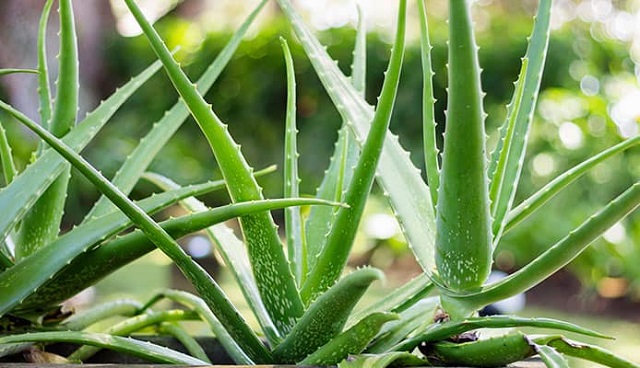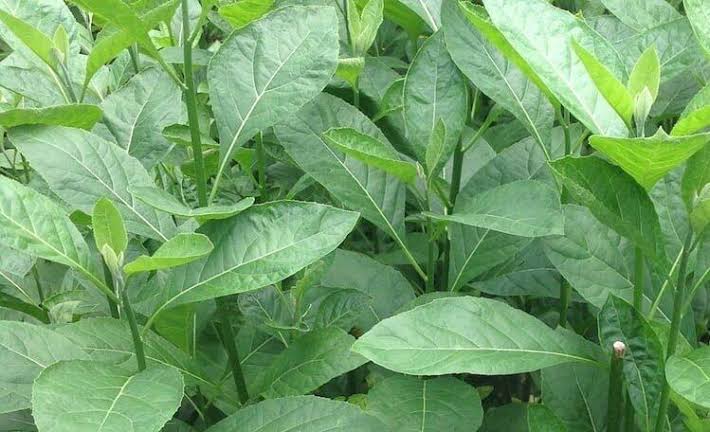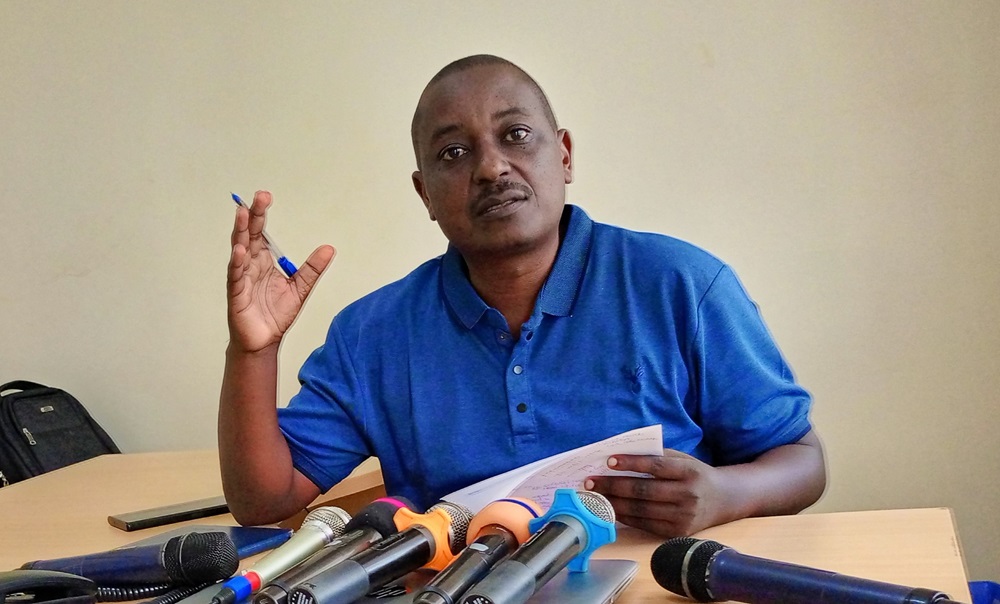Kiboga, (UG):- A section of activists in Uganda have called for the inclusion of African indigenous herbal medicine in the country’s school curriculum to enable learners to develop an interest in traditional herbal medicine to make education more relevant to the prevalent development requirements.
The activists led by Mr Allan Kalangi, the Executive Director of the African Institute for Biodiversity and Sustainability (AIBIS) strongly believe that the herbal medicine syllabi can be included in the new curricula which the government is developing for different institutions of learning.
While boardroom discussions and seminars are being dominated by how to modernise everything, Mr Kalangi says “there is less talk about the crucial elements of our traditions that helped Africans to thrive and survive for centuries, among which include the African indigenous herbal medicine.”
Against this backdrop, AIBIS highly recommends that government adopts the inclusion of the curricula for herbal medicine so that learners are taught the different varieties of African herbal medicines at all levels of formal education in Uganda.
Mr Kalangi who was addressing journalists at a Press conference at AIBIS head offices in Kiboga District on Wednesday, February 28, revealed that the interest in indigenous African medicinal herbs in postcolonial Uganda has not been there not until during the COVID-19 pandemic which justifies the need for herbal medicine inclusion into the teaching syllabi.
This growing interest during the pandemic era forced the Ministry of Health to come out and give public warnings about the herbs insisting that many of them could be harmful due to lack of information on proper prescription.
“Despite that warning, the interest in herbal medicine remained high until the pandemic waned. This was partly because the hospitals lacked enough facilities for all suffering from COVID-19, people were locked up in homes with no means of transport to access health facilities, and the strangeness of the disease made people to turn to traditional medicine which had sustained Africans for centuries,” Kalangi remarked.
Citing examples, the AIBIS boss said there are now many testimonies in Uganda by people who claim to have survived COVID-19 purely because of the herbal remedies.
“At the peak of the pandemic, even professionals trained in modern medicine had to turn to indigenous herbs and that’s how Uganda’s wonder COVID-19 drug-COVIDEX-was developed. This alone should be enough reason to convince the Ministry of Education to introduce studies on traditional herbal medicine.”
Similarly, Africa, being one of the most biodiverse regions on Earth, hosts a quarter of global biodiversity, despite biodiversity rates declining mostly due to deforestation driven by capitalistic demands. In fact, a recent UN report, indicates forests in Africa are being cut at a rate of 4 million hectares by year.
This is alarming and does not only make the African continent vulnerable to the vagaries of climate change but also threatens to make some of the important herbal medicinal plants extinct or rare since most of them grow in the natural forests. Mr Kalangi says teaching about the importance of herbal medicine therefore would reinvigorate the desire to conserve our natural forests.

Traditionally, AIBIS says gone are the days when African children obtained knowledge on indigenous herbal medicine from older members of society. However, in the current times, children start school at a very young age and with increased urbanization, there are very limited chances for the young generation to learn about herbal medicine.
Therefore, considering the importance of this herbal medicine highlighted above, it would be important to have it in the formal education curriculum so that the young generations don’t miss out on it completely.
AIBIS also justifies the need for documentation as being key to the inclusion of herbal medicine in the teaching syllabi. This, they say knowledge about indigenous medicines was passed on from one generation to another (from head to head) without any form of documentation.
“However, as seen above, people with this knowledge are dying out without a chance to impart it to the youth who are mostly in schools learning only about modern medicine. Teaching about indigenous African medicine will necessitate documenting the different varieties of traditional medicine and how each can be administered properly,” Mr Kalangi noted.
Use of Traditional Herbal Medicine in Uganda
While Uganda has since developed a policy and a traditional and complementary medicines (TCM) Act, bringing herbal medicine/products into the regulatory fold is not without implementation challenges around safety, efficacy, and quality control.
Herbal medicine interaction with other products is usually a crucial aspect of concern for a regulator. If taken in combination with conventional medicine, it is hard to trace the effects of such interactions.

For example, a study done by Makerere University researchers in 2021 established that using traditional/herbal medicine in the treatment of diseases such as malaria for more than two weeks has dangerous impacts on the stomach and the liver.
In September 2021, doctors treating cancer patients at the Uganda Cancer Institute (UCI) expressed concern as the number of patients using herbal medicine concurrently with their prescribed conventional medicine or chemotherapy surged at the facility.
The doctors who were sharing experiences in how to efficiently handle the different kinds of patients noted that many patients will not reveal that they are actually taking herbal medicines which in the end affects their treatment outcomes.
Up to 70% of the patients were reported to have used or are still using herbal or alternative medicines that come in different forms like tablets and syrups, making it hard for them to tell what effects it would have on their mainstream medicines.
Mr Kalangi emphasizes that over 50,000 plants in Africa have medicinal properties and these plants helped Africans to treat different types of diseases for centuries before colonialists started establishing modern hospitals in the last half of the 19th century.
However, the introduction of colonialism together with the new religious faiths he says fought hard to discredit indigenous African medicine often associating it with witchcraft. This is mostly how it ended up not being a field of study in formal institutions of learning.
He, therefore, advocates that teaching about herbal medicine in formal institutions of learning will necessitate proper research and practice on its use and preservation.
The African Institute for Biodiversity and Sustainability (AIBIS) is a Ugandan registered non-profit organization that is focused mainly on using indigenous knowledge to build sustainable communities that collectively work and earn their livelihoods while addressing the social and environmental challenges that face the African continent.
Do you have a story or an opinion to share? Email us on: dailyexpressug@gmail.com Or follow the Daily Express on X Platform or WhatsApp for the latest updates.

